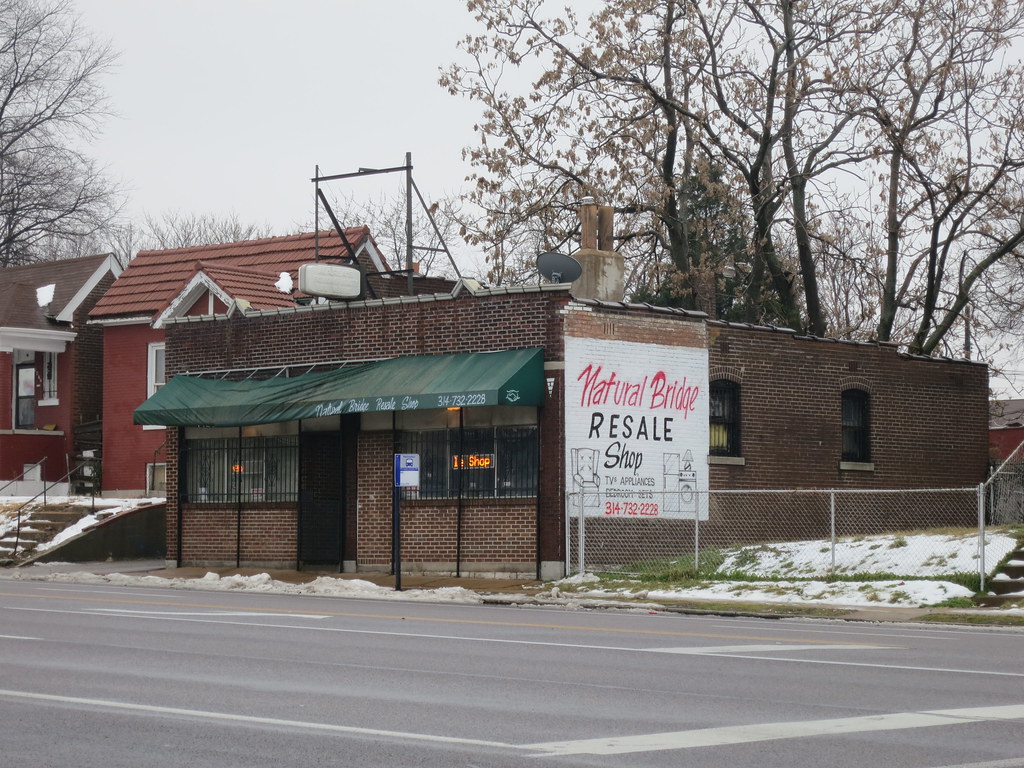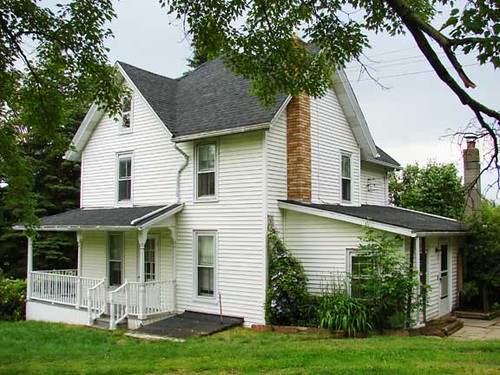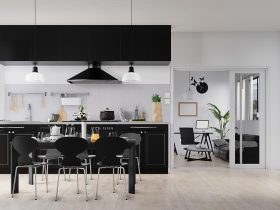Hello, fellow container home enthusiasts! I’m Emily Owens, your trusty guide to all things container homes. For the past four years, I’ve been exploring the fascinating world of container home living, and today, we’re diving deep into the topic of market demand and its intriguing impact on the resale value of these innovative dwellings.
Container homes have been steadily gaining popularity, and it’s not hard to see why. They’re eco-friendly, cost-effective, and versatile, making them an appealing choice for those looking to live a bit differently. But what happens when it’s time to move on to your next adventure? How does market demand affect the resale value of your container home? Buckle up, folks, because we’re about to unpack this intriguing topic.
Understanding Market Demand
Before we delve into the container home resale market, it’s crucial to grasp the concept of market demand itself. In simple terms, market demand refers to the total quantity of a good or service that buyers are willing and able to purchase at different price levels. In our case, the “good” is the container home, and the price level represents its resale value.
Market demand is influenced by a multitude of factors, including economic conditions, location, and, yes, trends. While container homes are undeniably unique, they’re not immune to the ebbs and flows of market demand.
The Container Home Resale Landscape

Picture this: you’ve embraced the container home lifestyle, enjoyed years of sustainable living, and now find yourself ready to move on to new horizons. What can you expect when it comes to selling your container home?
Location, Location, Location
Just like traditional real estate, location plays a significant role in determining your container home’s resale value. If your container abode is perched on a beautiful plot of land with stunning views and convenient access to amenities, you’re in luck. Location not only affects the selling price but also the speed at which your home will sell.
Take, for instance, two identical container homes, one nestled in a hip urban neighborhood and the other in a remote rural area. Chances are, the one in the urban setting will command a higher resale value due to its desirable location.
Customization Matters
One of the beauties is their customizability. You can transform these steel boxes into cozy, chic spaces with a dash of creativity. However, it’s essential to strike a balance. Overly personalized container homes may have a limited resale appeal.
Imagine converting your container home into a psychedelic, tie-dye paradise that you absolutely adore. While it’s an artistic masterpiece, it might not resonate with potential buyers who prefer a more neutral canvas to work with.
Market Trends and Demand Cycles
Container home trends are a bit like fashion trends; they come and go. What’s hot today might not be all the rage tomorrow. Keeping an eye on the current trends and demand cycles can help you gauge the resale potential of your container home.
For instance, during the past few years, container homes with solar panel installations and rainwater harvesting systems have been in high demand due to the growing emphasis on sustainability. Incorporating such features into your container home could significantly boost its resale value.
Examples of Market Demand in Action
Let’s explore a couple of real-world scenarios to illustrate how market demand can impact the resale value of container homes.

The Urban Retreat
Imagine you own a stunning container home nestled in the heart of a bustling city, within walking distance of trendy cafes, shops, and public transportation. Demand for urban living spaces is on the rise, with more people seeking convenience and access to city amenities.
In this scenario, your container home is perfectly aligned with market demand. You can reasonably expect a higher resale value, especially if you’ve incorporated modern design elements and eco-friendly features that resonate with urban buyers.
The Off-Grid Oasis
Now, consider a container home situated off the beaten path, surrounded by lush forests and untouched nature. While this secluded setup offers tranquility and a break from the hustle and bustle, it may not align with the current demand trends for urban living.
In this case, your resale value might not be as high, but don’t despair. There’s a niche market of nature enthusiasts and those seeking off-grid adventures who will appreciate the unique charm of your container home.
Tips for Maximizing Resale Value
So, you’ve decided to put your container home on the market. How can you ensure you get the best resale value possible? Here are some tips to consider:
Keep It Versatile
Avoid over-personalization and focus on creating a versatile space that appeals to a broad range of potential buyers. Neutral color palettes, functional layouts, and flexible living spaces can go a long way in maximizing resale value.
Embrace Sustainability
Sustainability never goes out of style. Consider adding energy-efficient features, rainwater harvesting systems, and solar panels to make your container home more attractive to environmentally conscious buyers.
Document Your Journey
Maintain a detailed record of your container home’s transformation. Documenting the construction process, including any permits and inspections, can instill confidence in potential buyers and streamline the selling process.
Partner with a Real Estate Agent
Enlisting the help of a real estate agent with experience in selling unique properties can be a game-changer. They can help you market your container home effectively and connect with buyers who appreciate its uniqueness.
The Bottom Line
Market demand is an ever-evolving factor that can significantly impact the resale value of container homes. Factors like location, customization, and current trends all play a role in determining how much your container home is worth on the market.
As container homes continue to capture the imagination of adventurous individuals and eco-conscious buyers, staying attuned to market demand trends and making smart choices during the design and selling process can help ensure a profitable and smooth resale experience. Remember, container home living is more than just a trend; it’s a lifestyle choice that can be rewarding in more ways than one.
So, whether you’re living in a bustling urban setting or an off-grid oasis, the market has a place for your container home. Embrace the journey, make smart choices, and watch your container home’s resale value flourish. Happy selling, container home enthusiasts!





















Find Us on Socials